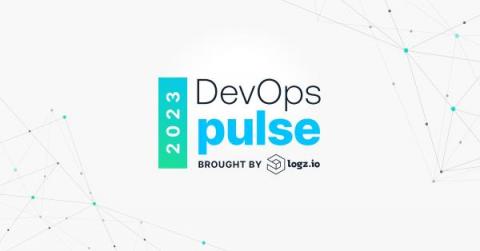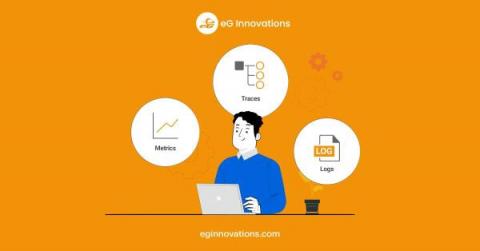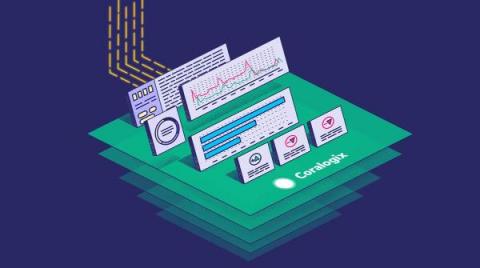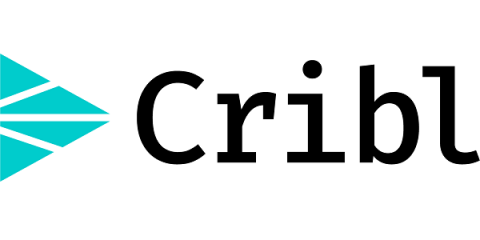Operations | Monitoring | ITSM | DevOps | Cloud
Logging
The latest News and Information on Log Management, Log Analytics and related technologies.
Cribl Makes Open Observability a Reality
DevOps Pulse 2023: Increased MTTR and Cloud Complexity
Evolving DevOps maturity, mounting Mean-Time-to-Recovery (MTTR), and perplexing cloud environments – all these factors are shaping modern observability practices according to approximately 500 observability practitioners. While every organization faces its unique challenges, there are broadly impactful trends that arise.
Increasing Implications: Adding Security Analysis to Kubernetes 360 Platform
A quick look at headlines emanating from this year’s sold out KubeCon + CloudNativeCon Europe underlines the fact that Kubernetes security has risen to the fore among practitioners and vendors alike. As is typically the case with our favorite technologies, we’ve reached that point where people are determined to ensure security measures aren’t “tacked on after the fact” as related to the wildly-popular container orchestration system.
Elastic Common Schema and OpenTelemetry - A path to better observability and security with no vendor lock-in
At KubeCon Europe, it was announced that Elastic Common Schema (ECS) has been accepted by OpenTelemetry (OTel) as a contribution to the project. The goal is to achieve convergence of ECS and OpenTelemetry’s Semantic Conventions (SemConv) into a single open schema that is maintained by OpenTelemetry. This FAQ details Elastic’s contribution of Elastic Common Schema to OpenTelemetry, how it will help drive the industry to a common schema, and its impact on observability and security.
The Three Pillars of Observability: Metrics, Logs and Traces
Metrics, Logs and Traces are often referred to as The Three Pillars of “Observability“. The term observability has been used in control theory to refer to how the state of a system can be inferred from the system’s external outputs. Applied to IT, observability is how the current state of an application can be assessed based on the data it generates. Applications and the IT components they use provide outputs in the form of metrics, events, logs and traces (MELT).
Optimize your CI/CD Pipeline with Coralogix Tagging
Continuous Integration/Continuous Delivery (CI/CD) has now become the de-facto standard for all engineering teams seeking to keep pace with the demands of the modern economy. At Coralogix, we operate some of the most advanced build and deploy pipelines in the world. We’ve baked that knowledge into our platform with a CI/CD Observability feature called Coralogix Tagging.
Rest Assured, Cribl's Improved Webhook Can Now Write to Microsoft Sentinel
As version 4.0.4, we are excited to announce the capability of Cribl’s webhook to write to any destinations and APIs that requires OAuth including Microsoft Sentinel. Cribl has long supported OAuth in many destinations through native integrations but with the enhanced Webhook we can now write to any destination that require OAuth authentication.
What is SRE?
Now you can forward logs to external endpoints from within the Console!
Our aim, like always, is to help users thrive. We want them to receive real value from all that we deliver through our various features. And it’s equally important to offer flexibility by providing all different ways to use those features. This way, you’re free to use the feature in the way that's most convenient. Driving this vision of ours, well, forward, we have now extended our Logs Forwarding experience from CLI to within the Console.











